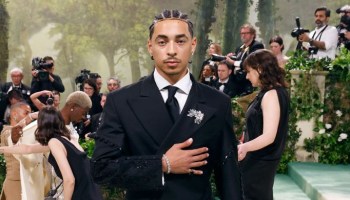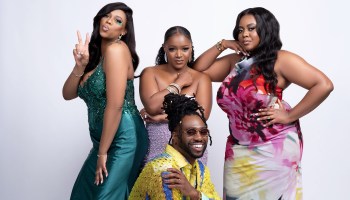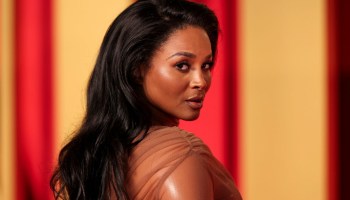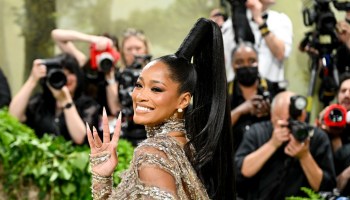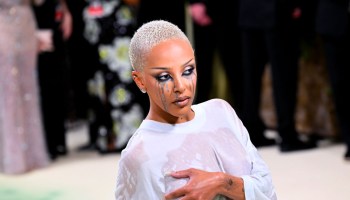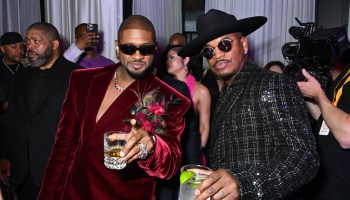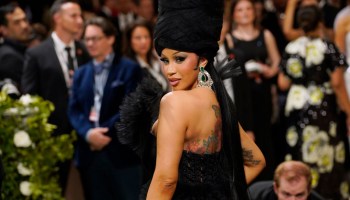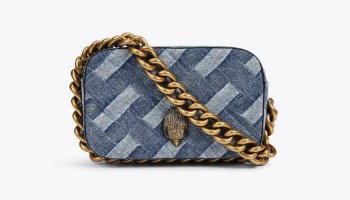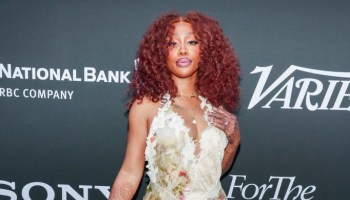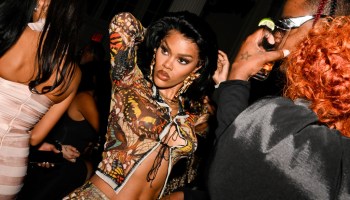I’m from Chicago. My parents are both from Chicago. My grandparents have lived in Chicago since they were children. While our family origins lie further down the Mississippi River, on both sides of my family, Chicago is where generations have planted their roots. I love my city and had a beautiful childhood there and you’re going to be hard pressed to find any Chicagoan who doesn’t express this amount of love for our hometown.
It’s been several years since the term “Chi-raq” entered the modern lexicon as a way to generalize (in the most hyperbolic way possible) the out of control gang-related gun violence that is paralyzing certain neighborhoods in Chicago. I’ve hated the term since the first time I’ve heard it and I hate even more today. Let me be clear, the violence in Chicago is present and real. I have personally lost friends and peers in ways that are unimaginable to me. I, along with many of my friends find it difficult to return home and drive through neighborhoods we once visited and played in without fear that now look like desolate relics of a past life. I see the children congregating on the corners all looking like little mini-Chief-Keefs and it doesn’t really take a brain scientist to realize why so many of us have chosen to leave Chicago and so few of us have chosen to return. Many of the millennial Chicago natives who have chosen to return choose to live the life of transplants, living in a swanky downtown areas like the West and South Loop, Wicker Park or the Near North Side — these are places where you can completely forget that 10 miles away kids are dying by the dozens on the streets they call Chi-raq.
When I heard Spike Lee was working on a film called “Chi-raq” I immediately had mixed feelings. Any project carrying that title is automatically inflammatory and has the potential to further exacerbate the misconception that the entire city of Chicago is a war zone, so I initially hoped this would be a nuanced and beautifully insightful documentary like “When The Levees Broke.” When I learned that the project was a narrative film, I imagined that it might examine the social ecosystem of a specific Chicago neighborhood through dynamic characters in the way that Spike Lee tackled “Crooklyn” and “Do The Right Thing.” But based on yesterday’s “Chi-raq” trailer release, I’m more perplexed than anything. Spike Lee dude, da f*ck?
I’m not familiar with the film’s screenwriter, Kevin Willmott, but the trailer, which boasts performances from Sam Jackson, Wesley Snipes, Angela Bassett, Chicago native Jennifer Hudson and the great dramatic actor Nick Cannon felt like a cross between “She Hate Me” and “Bamboozled.” From what I can understand the storyline is something as follows: a group of gun-slanging gang-banging dudes are shooting each other up willy-nilly in Chicago so a group of women ban together to join forces and stop dropping their panties, because, as we all know, withholding sex can solve all the problems of mankind, including generational gang-violence and a gun control problem. Say what?!
To clarify further, here is the official press description of the film:
Chi-Raq is a modern day adaptation of the ancient Greek play “Lysistrata” by Aristophanes. After the murder of a child by a stray bullet, a group of women led by Lysistrata organize against the on-going violence in Chicago’s Southside creating a movement that challenges the nature of race, sex and violence in America and around the world.
Um… ok? I have yet to see the movie in full and I don’t want to judge a movie by its trailer, but let me just say that I speak for myself and most of my fellow Chicagoans when asking, what in the Sam Jackson f*ck is going on here? Our city is in turmoil and we’re talking about knocking da’ boots? Le sigh. Black Twitter shared in my confusion:
https://twitter.com/KimberlyNFoster/status/661705692412121088
Somebody tell me I’m seeing this wrong. What do you guys think of the trailer? Let me know in the comments. Seriously.









